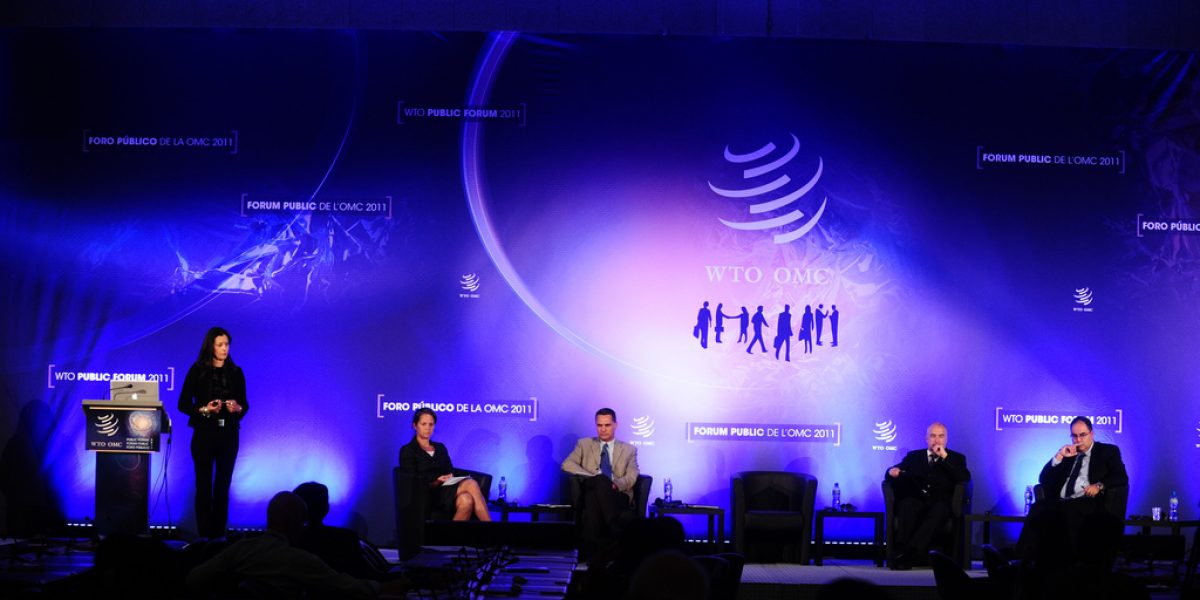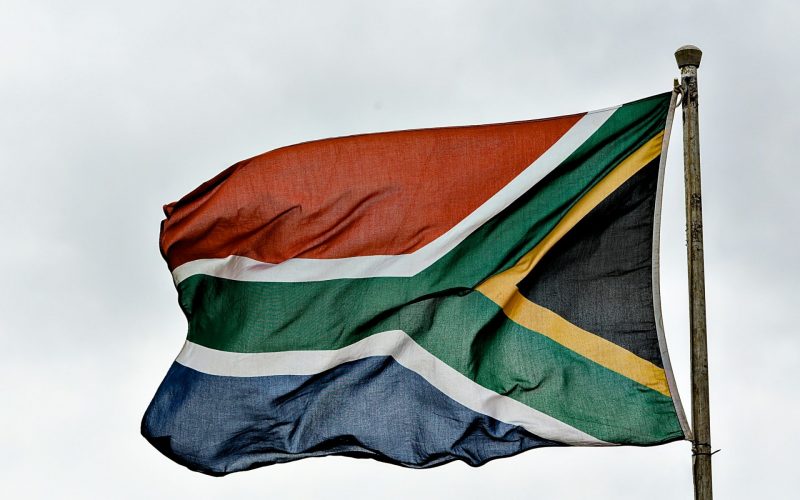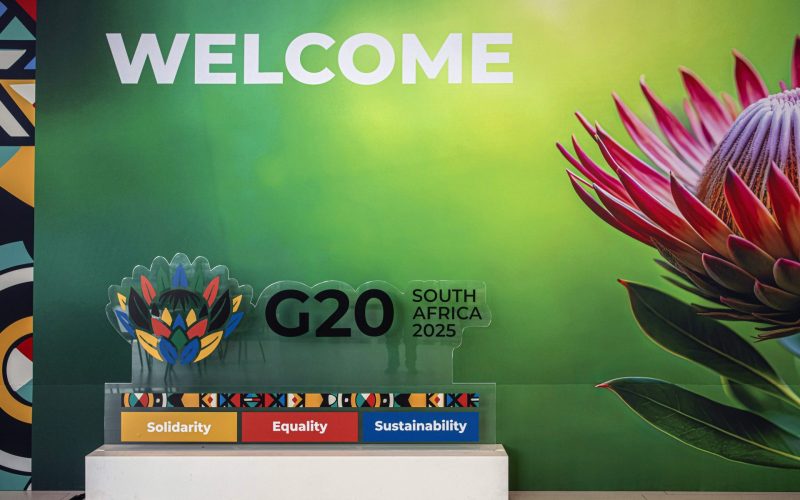In 2003, a few months before the Cancun conference, Panitchpakdi commissioned a team of experts to examine how the WTO worked and to assess its capacity to shoulder responsibilities. This culminated in a report titled The Future of the WTO: Addressing institutional challenges in the new millennium, released on January 17.
Major players in the global trading system are generally positive about the report. But how should SA and southern Africa respond?
The report correctly emphasises that most poor countries are not benefiting from the multilateral system because of problems mainly outside the WTO’s purview. Such problems arise primarily from poor governance and include weak trade-supporting infrastructure, corrupt administration, inefficient customs management and uncompetitive financial services. The top priority is to get development right at the domestic level.
In southern Africa, with the notable exception of SA, severe supply-side constraints limit exports. While these countries are not solely responsible, the solution lies mainly in their hands: adopting policies that foster economic growth and competitiveness at national and regional levels, and building the institutions to implement such policies.
The report correctly asserts that the WTO is not a development agency, nor does it guarantee development success. Most African countries do not seem to fully grasp its primary role.
The sooner countries come to terms with the fact that their success depends mainly on the nature of their participation in a system whose raison d’être is to provide market access opportunities to countries on a reciprocal basis, and to harmonise, where appropriate, rules governing international trade, the better.
As the report clarifies, the WTO’s job is to ensure the progressive reduction and removal of barriers to trade, underpinned by simple, transparent and nondiscriminatory rules, thereby creating market-access opportunities of potential benefit to member states. The key proviso is that such economic actors are competitive.
The report advocates a collective will to support positive multilateral trade reform. It identifies a plethora of institutional problems to be addressed if the organisation is to adequately meet its increasing responsibilities.
SA and the region should support these reform efforts out of enlightened self-interest. If the system unravels or (as seems more likely) suffers from paralysis, all members will lose, but the relatively powerless will lose the most.
A critical problem is the erosion of the principle of nondiscrimination. The report notes with concern that the expanding web of discriminatory regional and bilateral free-trade areas and preferences has rendered most-favoured-nation treatment (requiring WTO members to extend favourable tariff and nontariff conditions accorded to any member to all other members) both exceptional and least favourable.
In some cases these ubiquitous regional and bilateral trade agreements benefit developing countries. However, the results of such negotiations generally reflect power dynamics where developed countries present their poorer counterparts with a set of provisions in the expectation that the latter will simply sign them. Free-trade areas create a ‘spaghetti bowl’ of conflicting and difficult-to-administer obligations that poor countries can ill afford, let alone implement. A robust multilateral trading system would minimise these dangers.
Countries in southern Africa have a vested interest in ensuring that free-trade areas do not undermine the WTO.
Southern African countries need to get their WTO negotiating priorities right. While the concept of special and differential treatment – the entrenched practice of exempting developing countries from market access obligations required of richer countries – is justifiable in certain cases, it is often given undue importance by African countries.
Committing scarce negotiating capacity to exclusions and tariff preferences does not serve poor countries’ long-term interests. As the global trade system moves towards freer trade characterised by lower or no tariffs, preferences are a temporary reprieve. This raises the critical need for a more pragmatic approach to WTO negotiations. Trade liberalisation, even in agriculture where these countries have a natural advantage, will be a serious headache.
Only SA may in certain sectors benefit from the market access created. Poorer southern African economies are likely to lose the little market share they have been enjoying because of preferences. The recent closure of some textiles and clothing companies in Lesotho and Mauritius following the expiry of the global quota system provides an example. The report rightly suggests that this is an area where adjustment assistance or ‘safety nets’ should be introduced to help these countries shoulder the burden of reform.
Development agencies such as the World Bank and the international donor community are well placed to provide targeted assistance.
The duty to liaise with international development agencies lies with the director-general of the WTO. It will therefore be interesting to see how poor countries cast their votes for the next WTO chief, since the winning candidate will be the person to champion this cause.
Many developing countries face difficulties implementing the Uruguay obligations in areas such as standards and intellectual property. They justifiably resist the inclusion of new issues for negotiation which may lead to yet more implementation burdens.
The report calls for contractual rights for least-developed countries to receive technical assistance and capacity-building support in order to implement obligations arising from new agreements reached in the WTO, where possible.
A trade facilitation agreement may provide a case whereby the levels of obligations poor countries assume are directly related to their ability to implement them.
However, the report warns poor countries that delayed reforms mean delayed benefits. Considering that these countries and their traders are suffering the most from nontariff barriers, they should take the lead in initiating home-grown, development-friendly reforms.
The TDCA: perspectives for EU-South and Southern African relations by Talitha Bertelsmann-Scott and Peter Draper, as featured in the Trade Negotiations Insights, Vol. 4 No. 1 January-February 2005.







